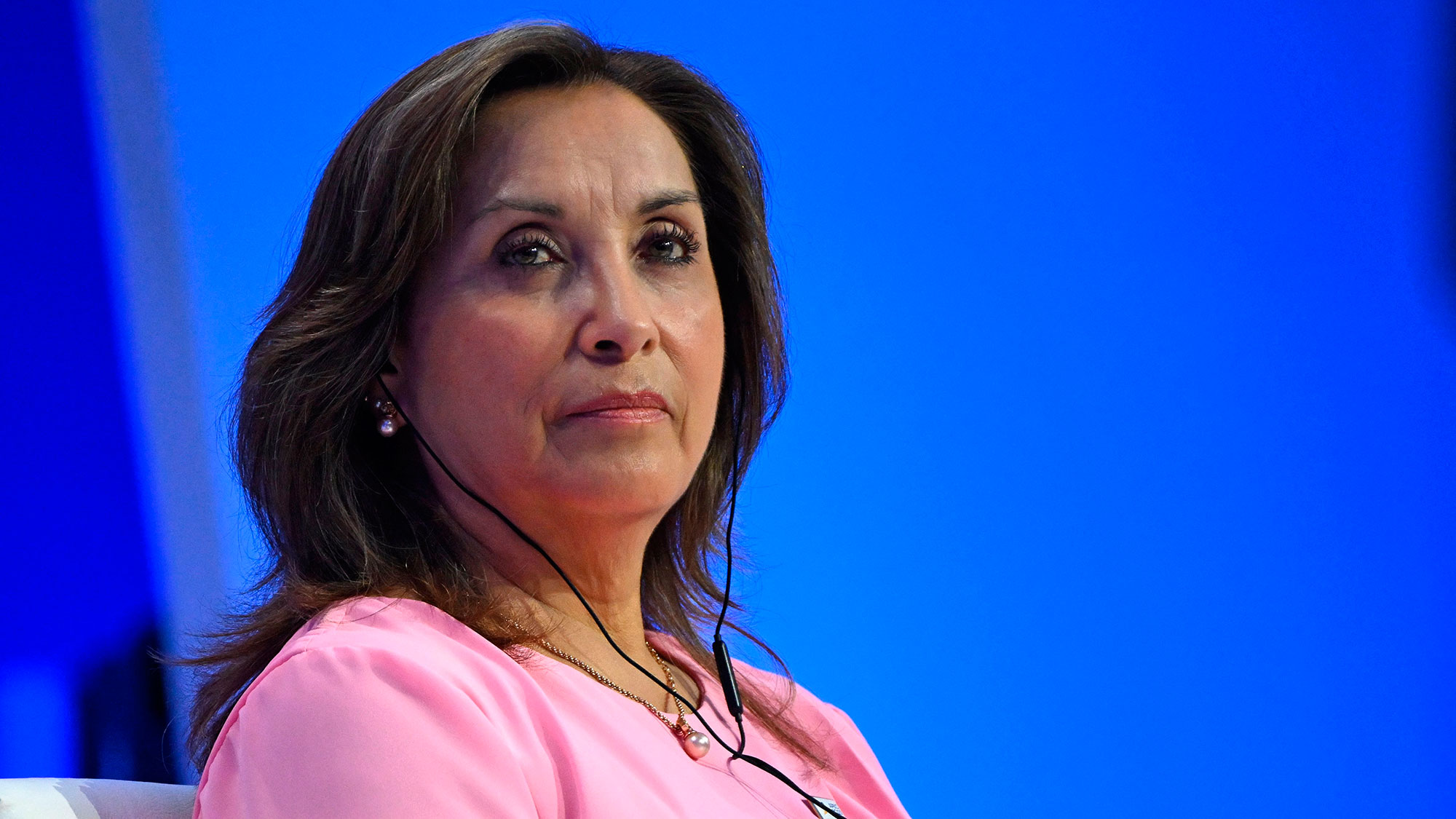Ursula Münch's Insight on Democratic Challenges
Dissatisfaction with political systems is on the rise, as highlighted by Prof. Dr. Ursula Münch in her recent lecture in Peißenberg. Invited by location promoter Erich Gehrmann, Münch, the director of the Academy for Political Education in Tutzing, delved into the factors undermining democracy. She pointed out that global political crises and 'crisis profiteers' — extremists who thrive on scaremongering — are contributing to a loss of faith in democratic systems.
Münch also criticized the increasing 'individualization processes' and the resultant weakening of binding institutions such as the state and the church. She lamented the 'loss of importance of serious media,' noting that regions like East Germany suffer from the lack of local journalism. According to her, social media cannot fill this void as 'citizen journalism is not journalism.' Münch stressed that some political criticisms are justified, but many are exaggerated. Various societal fears, including concerns about economic decline, are not being addressed adequately, leading to inhumane slogans and xenophobia.
Meanwhile, Münch expressed unease over the 'increasing tendency towards authoritarian thinking' in society. While democratic nations have historically depended on a 'stable middle,' Münch warned that this stability is not guaranteed, indicating that even strong democracies are vulnerable to erosion. She argued that businesses have a crucial role to play, as studies suggest that trust in employers is higher than in politicians.
During her lecture, Münch anticipated a potential change of government in Germany come the 2025 federal election. However, she didn't offer definitive solutions to the current democratic crisis. She emphasized the need for Europe to reflect on its fundamental values, particularly in light of global shifts in power dynamics. Much depends on the outcome of the US presidential election, as she pointed out its global relevance, especially if Donald Trump were to win.
- ## Israel's Political Crisis and International Isolation
- The current political collapse in Israel is attributed to a lack of vision and a responsible political plan. The Israeli Prime Minister finds himself cornered, facing strong opposition from political figures Ben Gabir and Smutritz. This political instability has led to international isolation and legal challenges in international courts, including accusations of genocide in Gaza and arrest warrants issued against Netanyahu and Gallant by the International Criminal Court.
- Israel’s strained relationship with the United States further complicates the situation. Despite unwavering US support on the security front, the Americans expect coordinated policies and strategies to defeat Hamas, create new alliances in the Middle East, and mitigate threats from Iran, China, and Russia. Yet, the current Israeli government's policies have led to a strategic rift with Washington, compromising its global standing. This gap is being exploited by countries that now recognize Palestine as a state.
- For the Israeli government to alter its trajectory, it must develop a credible plan in coordination with the United States. This entails addressing the aftermath of the conflict in Gaza and pursuing normalization with Saudi Arabia and other Arab nations. Achieving this requires a change in the government’s composition, potentially through snap elections aimed at restoring public trust and forming a pragmatic Zionist coalition, reminiscent of Israel’s foundational leadership in 1948. The author concludes by underscoring the urgency of realigning with Western democratic values.





